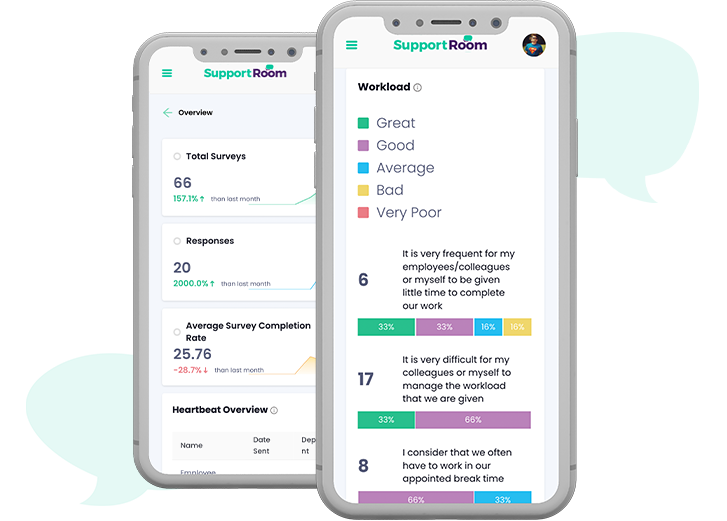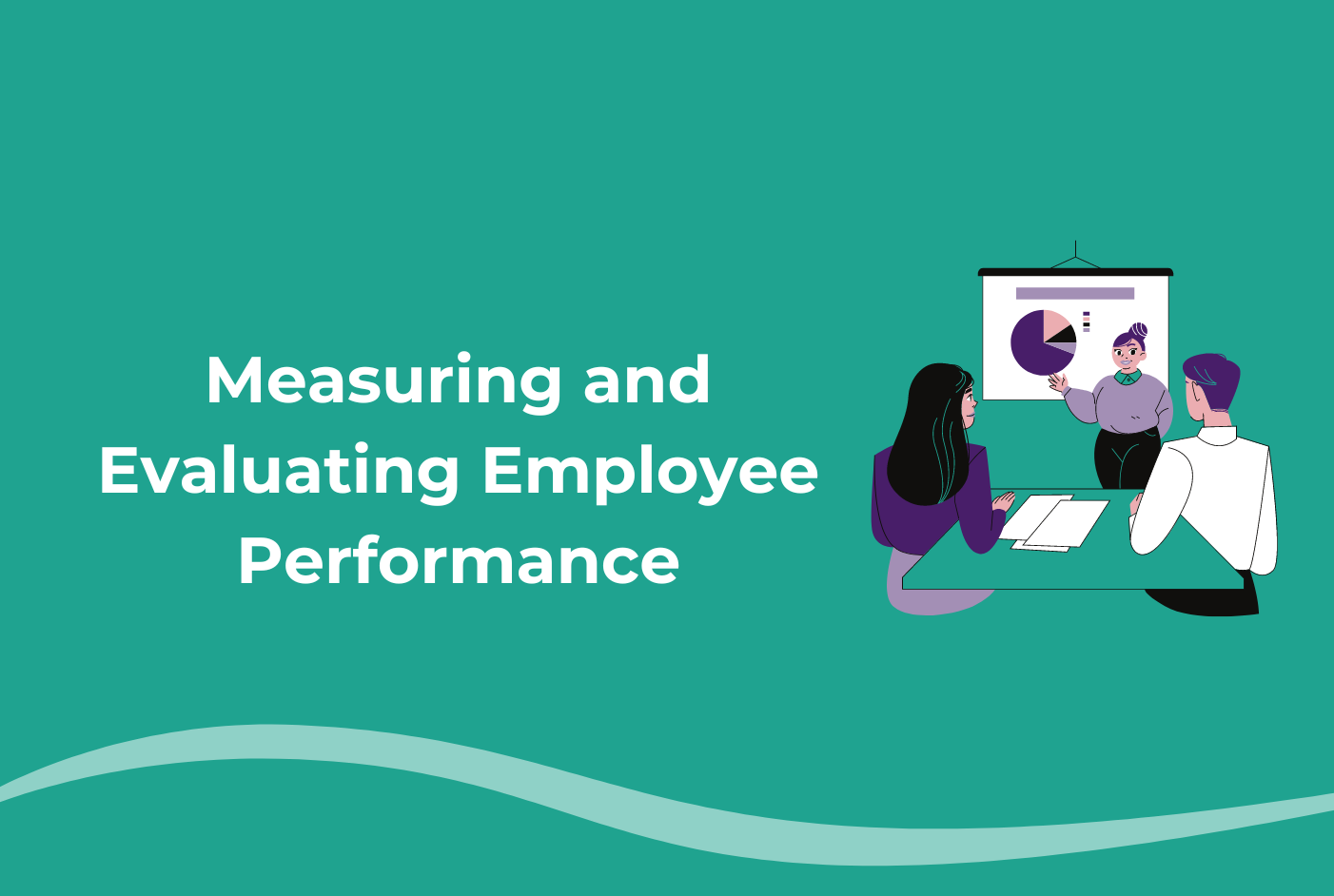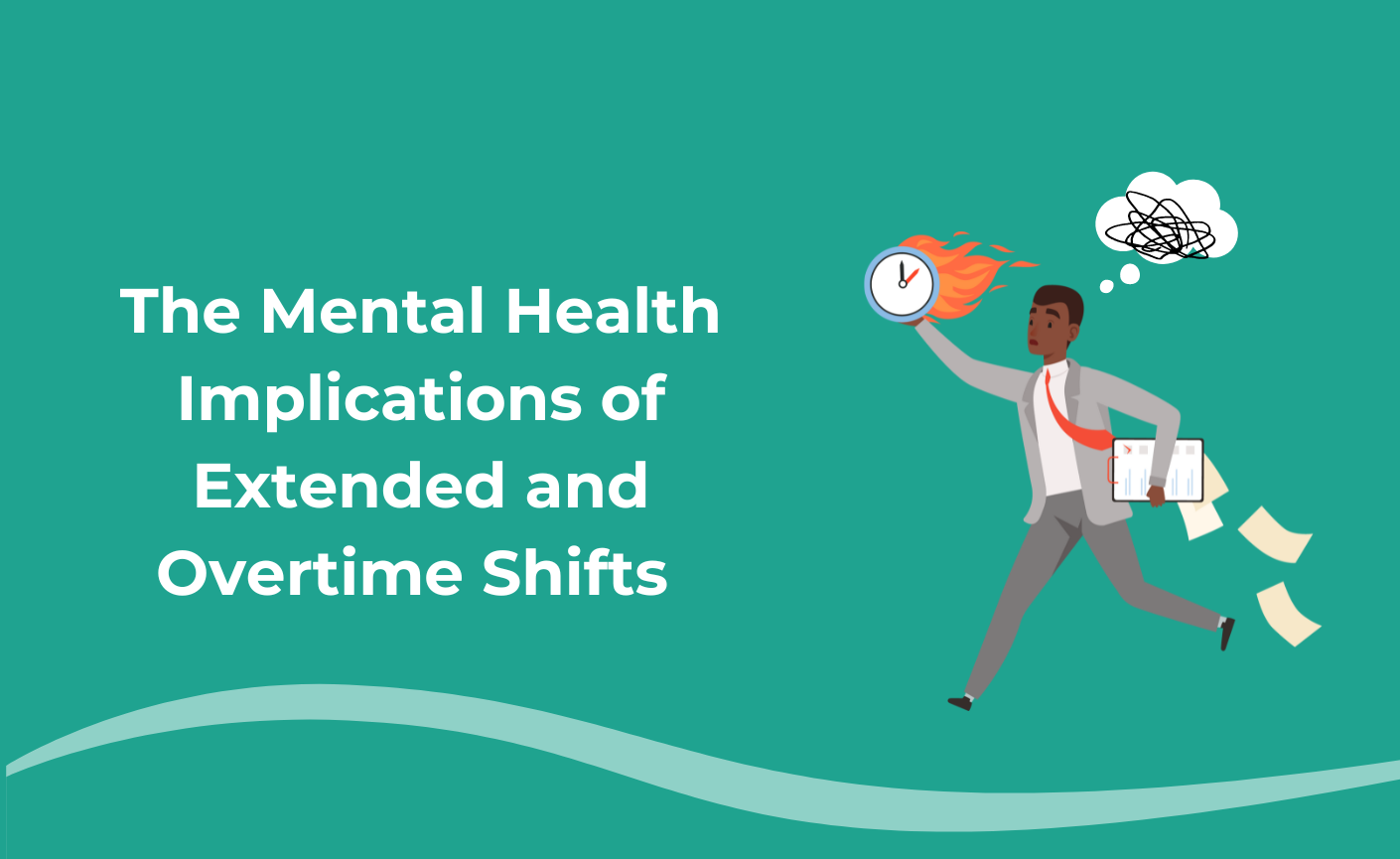In recent years, Movember has brought crucial attention to men’s mental health. Despite progress, one alarming truth remains: suicide rates among men are significantly higher than those among women. This crisis needs more than just awareness—it requires understanding, action, and supportive environments to encourage men to seek help without fear of judgment.
Alarming Statistics on Men’s Suicide Rates
Across the globe, men are nearly four times more likely than women to die by suicide. The World Health Organization (WHO) identifies suicide as the leading cause of death for men under the age of 50. In many Western countries, including the United States, Canada, and parts of Europe, men account for approximately 75% of suicide deaths. These numbers highlight a global crisis that transcends borders, impacting men of various ages, backgrounds, and socioeconomic statuses.
In particular, men aged 40-59 are shown to have the highest suicide rates, with younger and older men also facing unique challenges. While these numbers paint a bleak picture, they also underscore the importance of creating meaningful solutions and support for men in our communities.
Why Men Are More Vulnerable to Suicide
Understanding the reasons behind these statistics is essential to addressing the crisis effectively. Men often face societal and cultural pressures to embody resilience and self-sufficiency, which can make asking for help seem like an impossible option. Unlike women, who are generally more likely to discuss their emotions and seek out social support, men may feel isolated in their struggles.
Some key factors contributing to higher suicide rates among men include:
- Stigma Around Mental Health: Societal expectations often label emotional vulnerability as a weakness, especially for men. This stigma discourages many men from discussing mental health challenges or seeking professional help, which can exacerbate feelings of loneliness and despair.
- Reluctance to Seek Help: Men are less likely than women to seek therapy or counseling, with studies showing that only a small percentage of men feel comfortable sharing their struggles with others. This reluctance leaves many without critical support during difficult times.
- Relationship and Financial Pressures: Middle-aged men, in particular, are often burdened with financial, relationship, and career pressures, which can contribute to a sense of failure or inadequacy. These pressures can also make men feel trapped and unable to envision a path forward.
- Substance Abuse: Higher rates of substance abuse among men also contribute to the risk of suicide. Substance abuse can intensify feelings of depression and despair, further isolating individuals from support networks and healthy coping mechanisms.
Age-Specific Vulnerabilities Leading to Male Suicide
Men’s mental health needs vary across different life stages, and understanding these variations is key to providing targeted support:
- Young Men (15-24): Bullying, academic pressures, identity struggles, and social media influence can lead to depression, self-doubt, and suicidal thoughts. Young men in this age group may lack coping mechanisms and be more vulnerable to impulsive decisions.
- Middle-Aged Men (40-59): This demographic faces career and family pressures, relationship changes, and sometimes a sense of existential crisis or burnout. Research shows that men in this age group are less likely to seek help than any other demographic, often due to societal expectations and self-perceived stigma.
- Older Men (60+): As men grow older, they may experience feelings of isolation due to retirement, health problems, or the loss of loved ones. This age group has the highest suicide rates among men in certain countries, highlighting the need for supportive interventions that help older men stay connected and find purpose.
The Importance of Support Systems and Open Conversations
Breaking the silence around men’s mental health is critical. Support systems—whether through family, friends, or workplace resources—serve as vital lifelines. Research shows that having someone to talk to can greatly reduce the risk of suicide, yet many men feel they don’t have a safe, judgment-free space to share their thoughts. Professional therapy and mental health services can offer this essential support, encouraging men to open up and work through their struggles.
At SupportRoom, we aim to dismantle the barriers men face when seeking mental health support. By providing an accessible, stigma-free platform, we help men understand that it’s okay to ask for help, fostering an environment where their mental health is prioritized.
Taking Action: What We Can Do to Support Men Around Us?
Supporting men’s mental health is a collective effort. Here’s how we can make a difference:
- Promote Open Conversations: Encourage the men in your life to talk openly about mental health. Listening without judgment and offering support can create a safe space for them to share.
- Advocate for Accessible Mental Health Services: Ensuring that mental health resources are available and accessible to all men, regardless of age or background, can help break down barriers to support.
- Challenge Harmful Stereotypes: Social and cultural stereotypes that discourage men from showing vulnerability need to be challenged. Let’s foster an environment where men feel empowered to ask for help and be heard.
The statistics on men’s suicide are alarming, but they also highlight the urgent need for change. This Movember, let’s prioritize men’s mental health, spread awareness, and create a supportive network where men know they are not alone. Together, we can help reduce the stigma, encourage open conversations, and offer the support needed to save lives. And know that this is not just a phrase; it’s a commitment to stand by men in their most vulnerable moments, to make mental health care accessible, and to remind every man that reaching out is a sign of strength, not weakness.

Gain FREE access to Heartbeat
Get a free Heartbeat Survey.
Let us uncover the true state of your team’s wellbeing with a free mental health survey for your entire organisation.
Gain valuable insights to see how you can better support your team’s mental health and performance.
No pitch. No credit card required.





